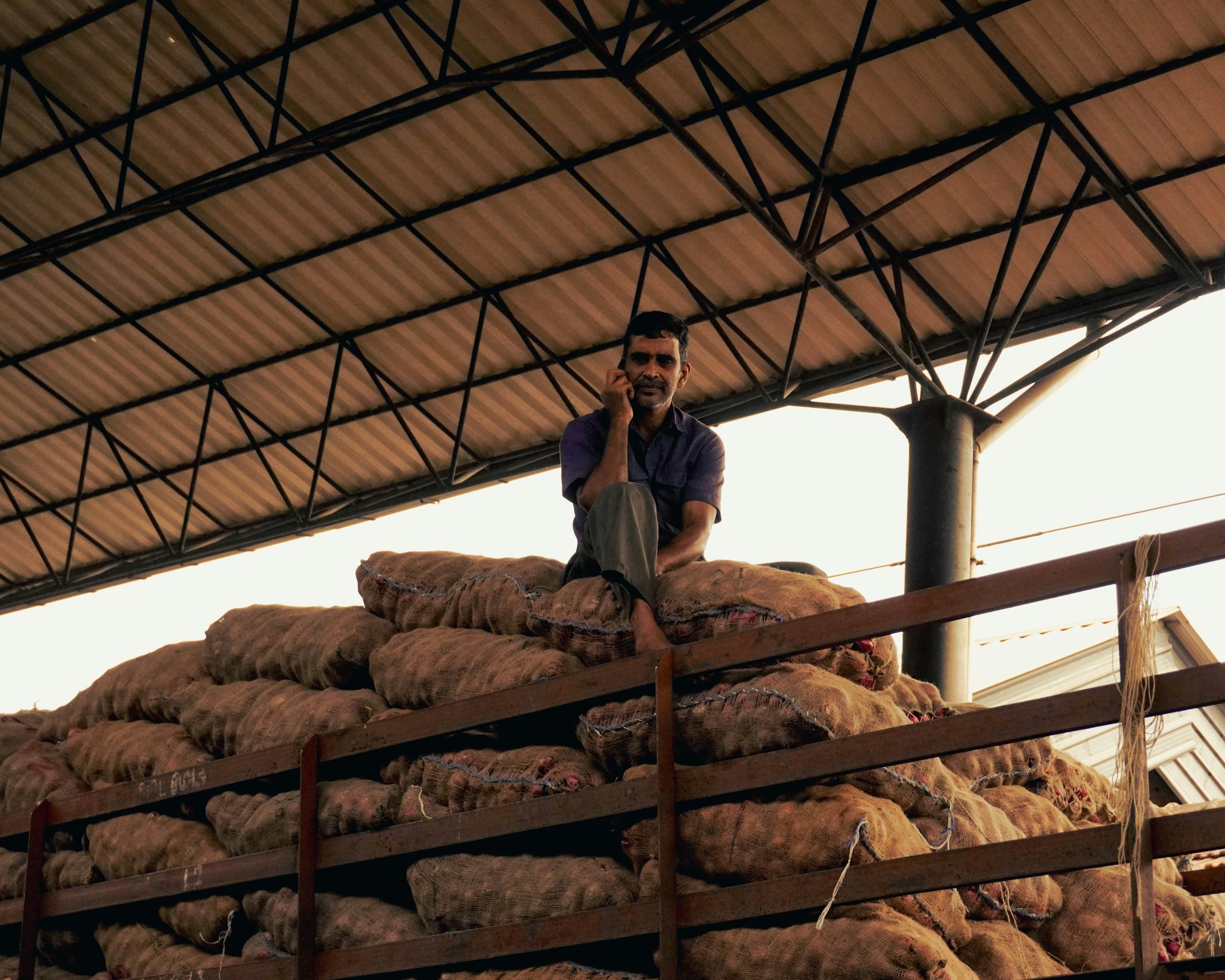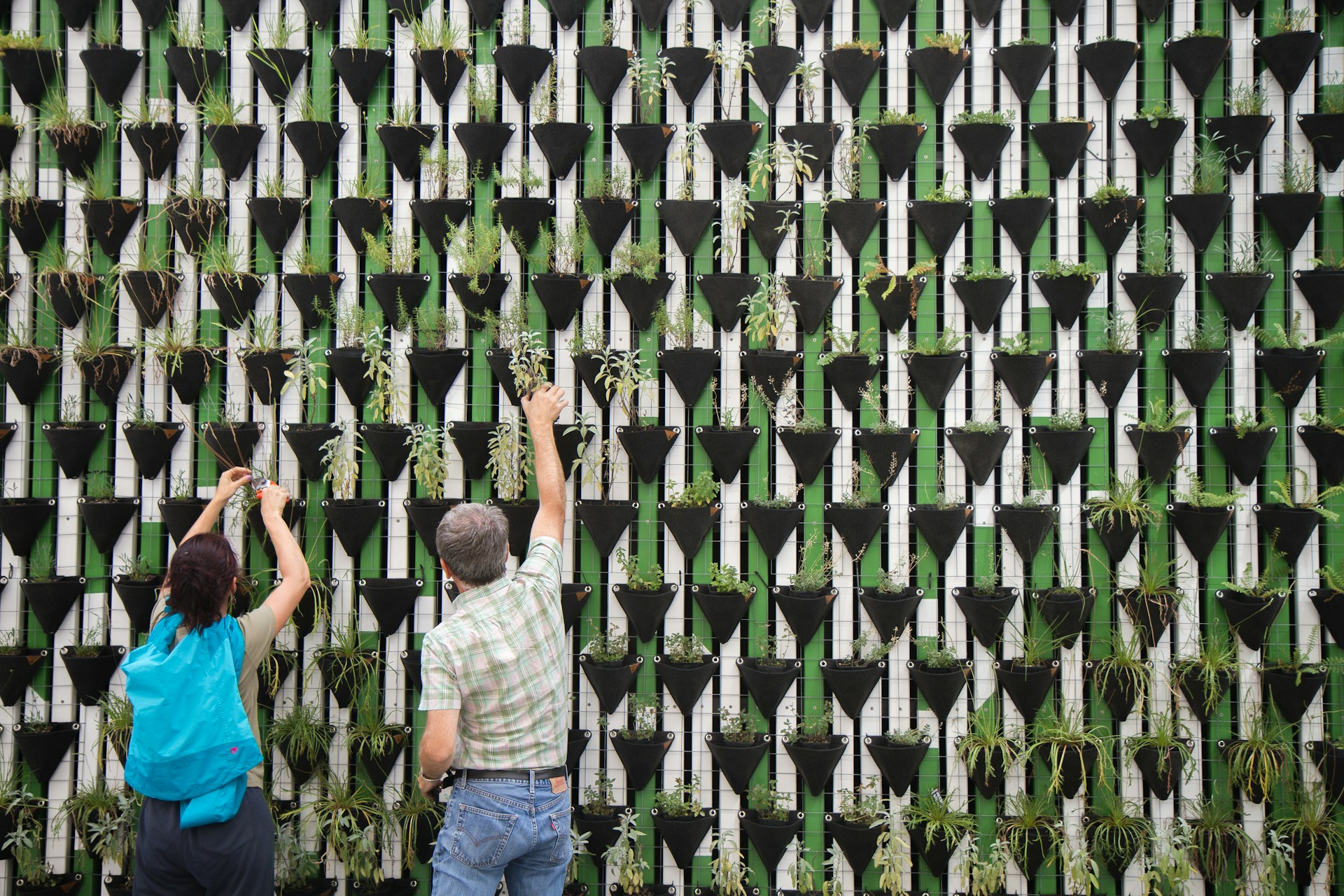Was the question we posed to our audience at last month’s ATCM Summer School as part of a discussion around Thinking Globally, Acting Locally.
It was designed to get people thinking about the hidden carbon cost of many of the products and meals we take for granted. Or to put it another way, if it costs the earth, should it not then cost the earth?

First. let’s talk lemons.
For the majority of the year, the lemon slices we put in our cheesecakes and gin and tonics are shipped in from South Africa, a not-so-near 6,000 miles from British shores. Aside from the obvious amount of fuel it takes to transport a lemon from hemisphere to hemisphere, that fruit must be picked, refrigerated and treated to ensure against any unhappy customers and substandard product at journey’s end. All-in-all, this creates quite a lot of carbon in the process – 1.2kg of Co2e for every 1kg of lemons to be exact.

Currently, food production accounts for 35% of Greenhouse Gas emissions worldwide, with 60% (3 bn tonnes) of those emissions coming from food transportation processes alone. Yet none of these environmental costs are factored into the price of our food.
In “The Economics of Biodiversity,” Professor Sir Partha Dasgupta argues that for us to achieve truly sustainable economics we must use a different measure of economic health than GDP. We must account for the impact of our interactions with nature across all levels of society.
What might this look like? Well, last year, German supermarket Penny, in conjunction with academics from the Nuremberg Institute of Technology, changed the prices of a selection of their products for one week to reflect their true cost to the environment, biodiversity and the health of those producing food. As a result of these measures, sausages rose from €3.19 to €6.01, mozzarella increased by 74% to €3.64 and fruit yoghurt increased by 31% from €1.19 to €1.56. Expensive week to be a meat and dairy lover…

But back to dessert. As far as our lemon cheesecake is concerned, the fruit is just the thin end of the wedge. What about the filling? It takes a lot of milk to make cheese … and of course, milk comes from methane-producing cows. Cows who need to be fed, given pesticides and create manure (yes this is bad for the environment). Moreover, good Italian cheesecake is made from ricotta – shipped in from Italy – so add some more Co2 there and you’ve got 5.26kg Co2e for every 1kg of Ricotta consumed. Equivalent to an 18 mile car trip!
And so, if we take the price of cheesecake in a posh cafe to be in-and-around £8, there’s an argument that we should really be paying closer to £15 a slice, with the extra £7 going towards the other party that paid a price in its creation – the earth.
All this makes for pretty sour reading. So what can we do to create change? Well, our answer lies with Localism, which includes:
- The local production and consumption of goods and services.
- Community Power – the creation of policy at a local level so local people can determine how they wish to live and work.
- The promotion of local identity and culture. Accepting that every place is unique and different and empowered because of this!
This all adds up to “social capital”, the idea of multiple networks of relationships among people who live and work in a particular society, enabling that society to function effectively. Be it family members, sports clubs, schools or even bumping into someone in the street.

And yet, we live in an era when social capital is being eroded with each passing year.
Over the past half century, we have become less bound to our local communities than once was the case. Some of these reasons, such as government policy and welfare provision, are largely out of our control. But what we are able to influence is the way in which people engage and communicate with each other on a local level.
Currently, the majority of our communication and engagement is done online. A large part of social capital decline can be explained by the presence of global digital platforms (social media, big e-commerce, delivery, dating) that have reduced our dependency on ‘local’, created a sense of alienation and sowed seeds of distrust.
The convenience of platforms like Facebook and Amazon comes at a cost. Online “likes” have replaced real world ones, our dopamine hits now delivered digitally. In the world of instant gratification, we find it very hard to move away from our treasured algorithms and explore other options.

And yet, our experience at Loqiva suggests that there is appetite for change. Doing things locally, the way it once was or just exploring alternatives to what we have today.
Place managers need the tools to engage people in new ways, to understand their place and to empower their local community. If we want to change the way people think about our climate on a local level, it’s imperative that we have greater agency over the systems that have become central to our lives. To reach our target of Net Zero we need to tackle the systems, not the symptoms.
As the old saying (kind of) goes…if life gives you lemons, make some sustainably-sourced, carbon-neutral, locally-purchased lemonade.